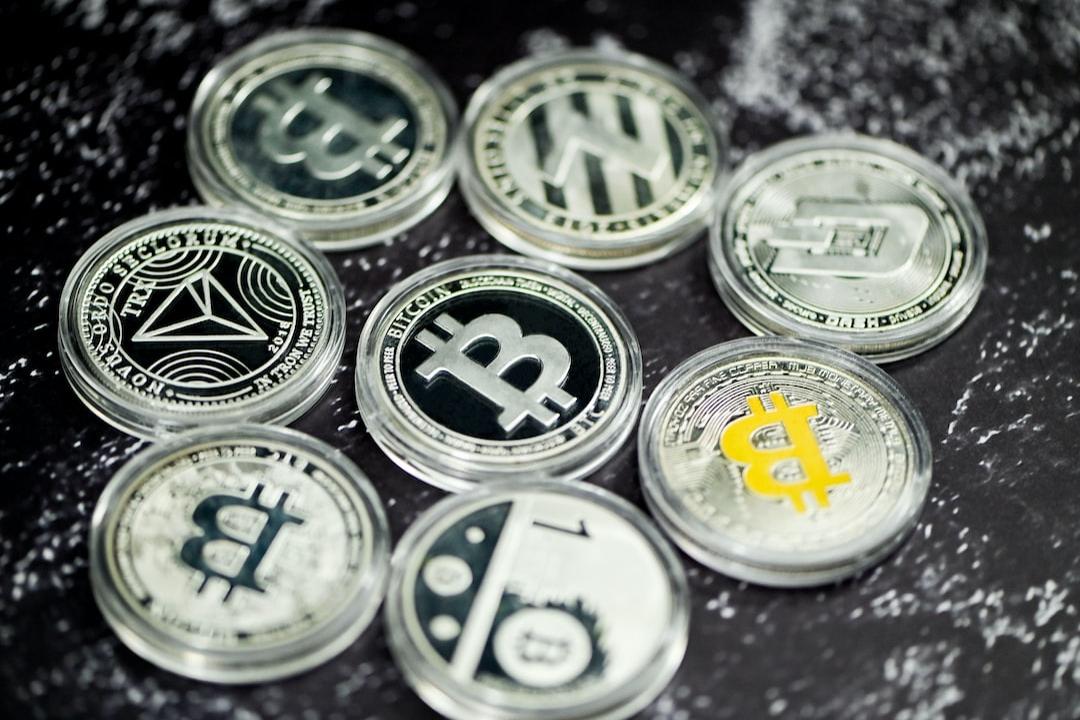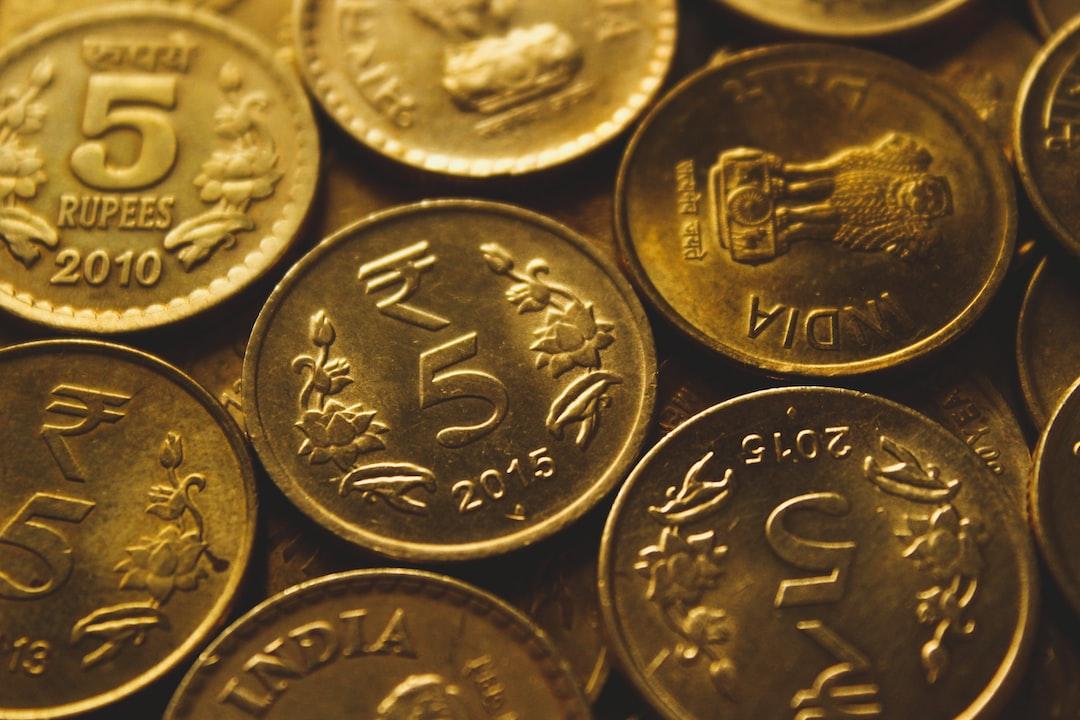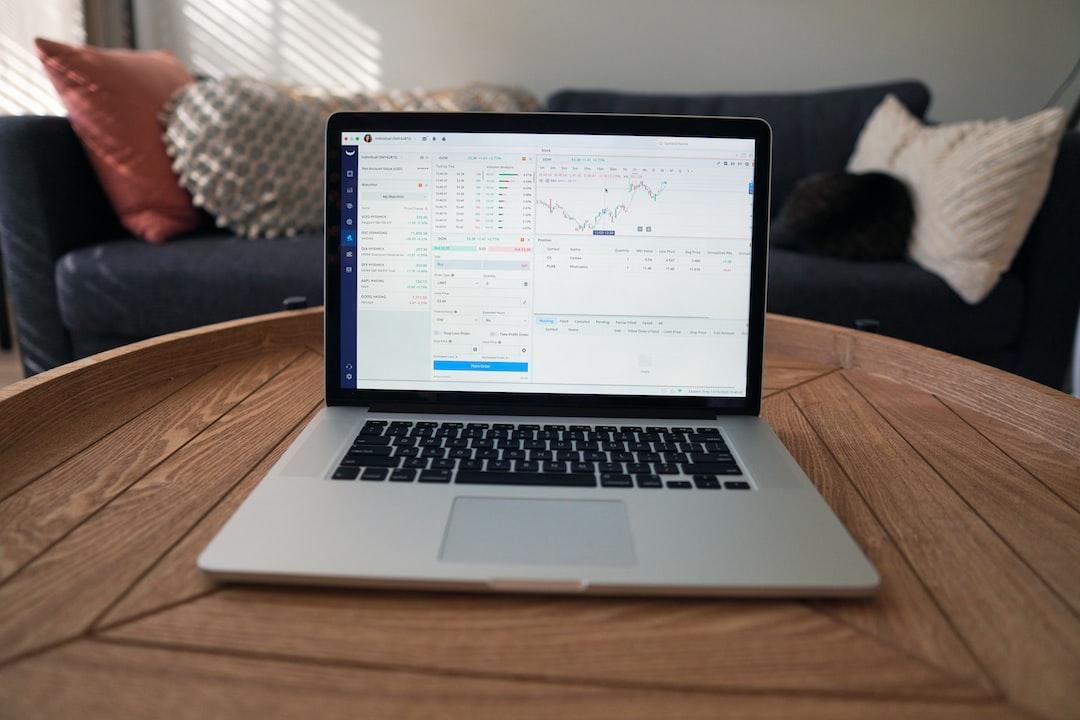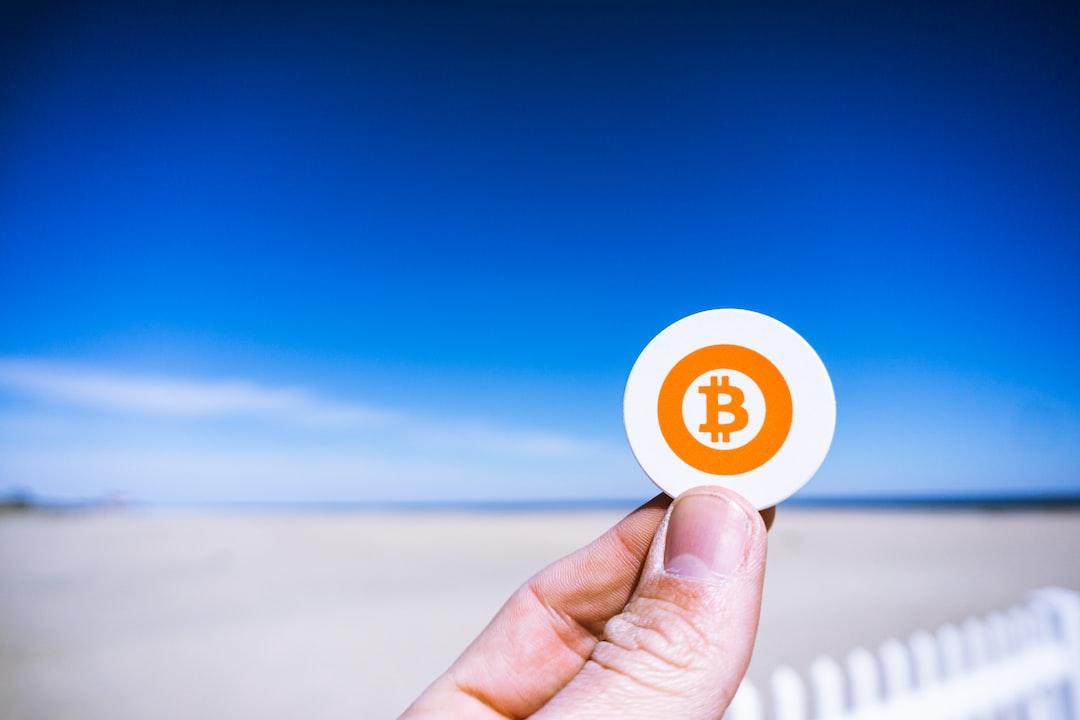
The Initial Response of the Crypto Market to Escalations in the Middle East
The situation in the Middle East worsened over the weekend as Iran launched an attack on Israel. While there has been ongoing turmoil in the region since the October 7th attack by Hamas, these latest actions are seen as a significant escalation and have raised concerns of a larger conflict. There is a worry that allied countries may be drawn into the current conflict if measures to deescalate are not taken.
Due to most financial markets being closed on the weekend, it is difficult to gauge how investors will react. Traditional investors often look to futures markets to determine if the news will be well-absorbed or if there will be selloffs.
However, the cryptocurrency market operates 24/7, allowing us to assess investors’ initial reactions. The initial reaction in the crypto market was a significant dip in prices. Bitcoin (BTC), which had been experiencing a month-long pullback, saw prices drop by as much as 10% in a 24-hour period on Saturday.
Although this dip may not be considered massive in crypto standards, it should raise concerns in traditional markets. The initial reaction suggests that investors are cautious and worried at the moment. It will be crucial to monitor “riskier” assets on Monday. If there is a significant pullback in risk assets and tech stocks, it may be a cause for concern.
Monday’s market action will provide insight into whether this conflict will have lasting effects. If commodity prices rise, it could indicate that investors expect prolonged conflict and trouble in trade and markets.
Geopolitical tensions, especially in conflict-prone regions like the Middle East, often lead to speculation in financial markets. Investors closely watch such events as they can significantly impact various asset classes. During times of heightened geopolitical risk, investors tend to flock to safe-haven assets like gold, government bonds, and the Japanese yen, seeking protection from uncertainty. Recently, there has been an argument that investors have also been using Bitcoin as a safe-haven asset in times of crisis. Conversely, risk assets like stocks and high-yield currencies may experience selling pressure as investors adopt a more risk-averse approach.
Commodities, especially oil, are closely monitored during geopolitical tensions, particularly when major oil-producing regions are involved. Conflicts in the Middle East, for example, can disrupt oil supplies, leading to spikes in crude oil prices. Additionally, geopolitical tensions can impact supply chains and trade routes, affecting the prices of other commodities like metals and agricultural products.
Financial markets often react quickly to geopolitical developments, with sharp movements in asset prices reflecting investor sentiment. Signs of escalating tensions, such as military mobilizations, diplomatic breakdowns, or hostile rhetoric, can trigger market volatility even before any actual conflict occurs. Moreover, geopolitical risks can influence central bank policies, with some institutions opting for more accommodative monetary stances to protect their economies from potential shocks.
Monday’s price action will be crucial in determining investor worry and the medium-term outlook. Overall, monitoring financial markets can provide valuable insights into investor sentiment and expectations regarding geopolitical tensions. If the cryptocurrency market is any indication, we may be entering a period of pause. The crypto market now has a neutral short to medium-term outlook. After months of bullish price action, we can expect a slowdown in activity over the next few weeks, possibly the next couple of months.












